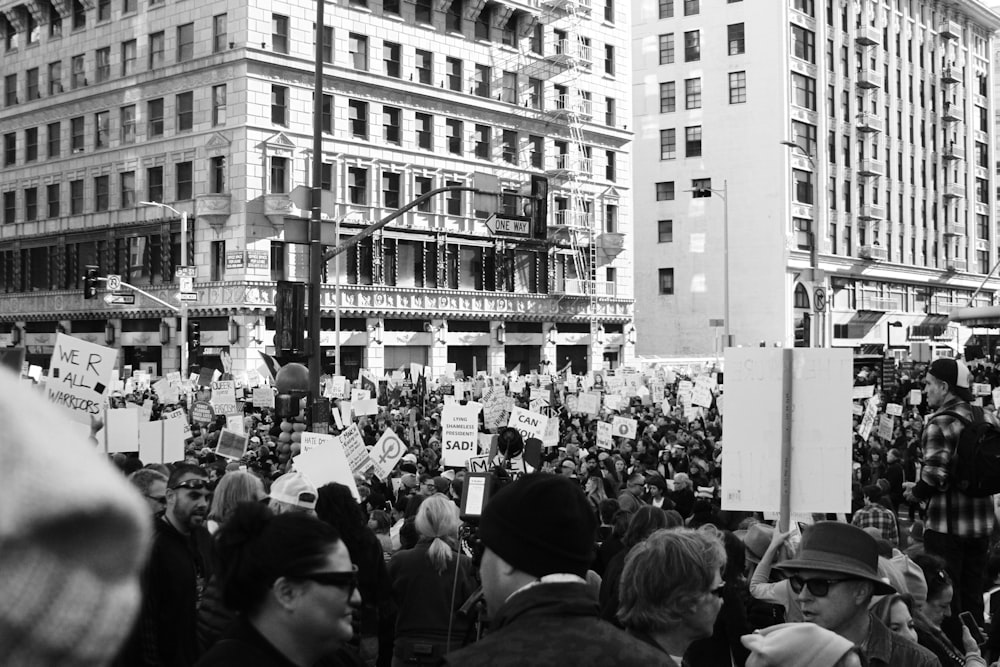
1. Hong Kong has a special status - Hong Kong is significantly different from other Chinese cities and has a very detailed history. It was a British colony for 150 years. In 1842, the Hong Kong islands were ceded to the UK after a war and later, China gave away the rest of Hong Kong to the Britishers for 99 years on lease. Under the Britishers, Hong Kong became a busy trading port, and it was seen as a manufacturing hub. The migrants and dissidents shifted to Hong Kong to flee the instability and poverty in Mainland China.
After the 99 years period was over, the British and the communist party of China began talks over the future of Hong Kong, and in 1997, they agreed upon the principle of ‘one country, two systems’ for Hong Kong.
In this system, Hong Kong would enjoy a great degree of autonomy, except in foreign and defence affairs for the next 50 years. Because of this, Hong Kong has its own legal system and borders, and rights including freedom of assembly and free speech are protected.
2. Changing Dynamics - The freedom enjoyed by Hong Kong in Mainland China is still there, but it is rapidly declining. The Rights groups have accused China of meddling in Hong Kong. Incidents such as disqualification of pro-democracy legislators, disappearance of Hong Kong booksellers have increased the unrest among the people of Hong Kong. Even in voting the legislative council, only a fraction of the 70 members are chosen by the Hong Kong voters. The seats which are not directly elected are occupied by the pro-Beijing lawmakers. In 2047, Hong Kong’s mini constitution, the Basic Law will expire and what will happen next is unclear and worrisome.
3. A non-Chinese identity - Although a majority in Hong Kong is ethnic Chinese, most of them don’t identify themselves as Chinese. Only 11% of the entire population identify themselves as Chinese, while the percentage of people identifying themselves as Hong-Kongers is a whopping 71%. The hostility towards China is more pronounced among the young citizens. Anti-mainland Chinese sentiment is on the rise and many young people have called for Hong Kong’s independence from China.
Protestors have a feeling that the extradition bill, if passed would bring Hong Kong closer to China’s control, something which a majority of the Hong Kongers don’t want.
4. Similar protests in the past - The ongoing protests are not surprising at all as there has been a rich history of dissent in Hong Kong. In 2014, as the police dismantled remains of a pro-democratic protest site, demonstrators chanted “We’ll be Back”.
The protests in Hong Kong had started since 1997, but now, they have taken a political form, and bring demonstrators into conflict with mainland China’s position. The fact that they have little liberty in polls and elections adds to the fact that Hong Kongers use protests as a method to make their voices heard.
OBJECTIVES
- The demonstrators through the protests are trying to achieve the following objectives:
- Complete withdrawal of the Extradition Bill from the legislative process
- Retraction of the “riot” characterisation
- Release and exoneration of the arrested prisoners
- Establishment of an independent commission of inquiry into police conduct and use of force during the protests
- Implementation of Universal Suffrage for Legislative Council and Chief Executive elections.
CONCLUSION
The protests in Hong Kong have a deep-rooted history which ranges from political, social and democratic issues. Considering the way Chinese government and media has dealt with the protests, calling them separatist riots, and taking measures against the protestors, it seems that the protests won’t be ending anytime soon. With the protests just growing in magnitude, what the future will be in Hong Kong seems unclear. The protests need to end in a peaceful way, otherwise, the coming years will see even more unrest between Hong Kong and China.
- Purav Nayak
Want to get published on EMN and join the community? Here is an opportunity to join the Board of Young Leaders Program by Eat My News. Click here to know more: bit.ly/boardofyoungleaders








0 Comments